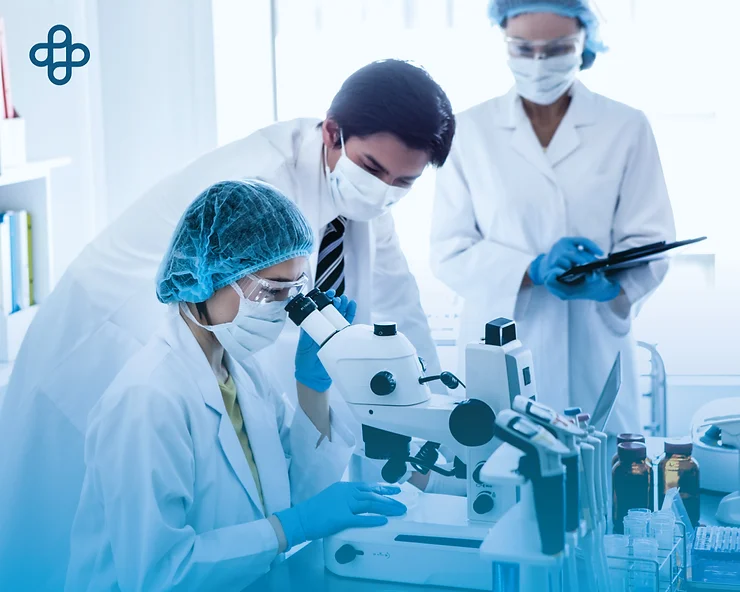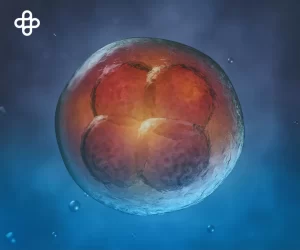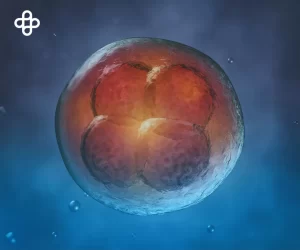Revolutionizing Colitis Treatment: Stem Cells – When medications fail and surgery isn’t an option. The transplantation of patient-derived stem cells from the bone marrow emerges as an effective alternative for treating this chronic disease.
Cellular therapy using stem cells is transforming the approach to treating severe pathologies. The replacement of damaged tissue cells with new ones from the same patient is now a reality. Forming the basis of cellular therapy and regenerative medicine, the latest breakthrough in biomedicine.
The procedure is based on autologous bone marrow transplantation, where patients receive their own stem cells. Now emerging as a treatment option for curing an intestinal disease that sometimes doesn’t respond successfully to drugs and requires complex, non-curative surgeries.
Cellular Therapy as a Strategy for Combating Crohn’s Disease
Crohn’s disease, belonging to the category of inflammatory bowel diseases along with ulcerative colitis, is chronic. A genetically-based condition occurs when the immune system loses tolerance to the patient’s own intestinal flora. Triggering an abnormal and sustained inflammatory response. The consequences include inflammation and ulcerations in various areas of the digestive tract, leading to symptoms.
The disease evolves in unpredictable and variable flare-ups throughout life, with the severity of symptoms varying based on the degree of intestinal involvement and the response to assigned treatment.
Diagnosis is often challenging due to symptoms resembling those of other digestive tract diseases: abdominal pain, diarrhea, vomiting, nausea, fever, general discomfort, etc.
The disease’s degree of impact conditions the quality of life for those affected, preventing those with severe cases from leading a normal life. Resulting in significant suffering due to the acuteness and frequency of intestinal symptoms.
Clínic Hospital in Barcelona
For instance, the Clínic Hospital in Barcelona, Spain, has initiated cellular therapy through autologous stem cell transplantation. Researchers tested the therapy on 12 patients with severe Crohn’s disease, and 11 of them showed excellent results. In Italy, researchers applied the therapy to 4 people, and 3 of them also showed outstanding progress post-transplant.
In the Clínic, six Crohn’s patients are already part of the process, and following international examples. It is anticipated that an increasing number of people will consider this previously nearly untreatable disease for resolution.

The University of Queen Mary, London (United Kingdom)
Researchers in the United Kingdom have launched a clinical trial. Utilizing stem cell transplants to develop a new immune system in people with untreatable Crohn’s disease testing. If this approach could cure the condition or, at the very least, make some patients responsive to previously ineffective medications.
The study, led by the University of Queen Mary in London (United Kingdom) and Barts Health NHS Trust, will recruit patients from centers in Cambridge, Edinburgh, Liverpool, London, Nottingham, Oxford, and Sheffield.
Researchers recently discovered that the successful treatment of multiple sclerosis involves using stem cell transplants to eliminate and replace patients’ immune systems.
This new trial will investigate if a similar treatment could reduce intestinal inflammation and offer hope to people with Crohn’s disease.
In the trial, patients will undergo chemotherapy and hormonal treatment to mobilize their stem cells, and researchers will then collect these cells from their blood. They will use additional chemotherapy to eliminate their defective immune system.
Once reintroduced into the body, the stem cells. They will (stem cells) become new immune cells, providing the patient with a fresh immune system.
Stem Cells for Colitis.
UPV/EHU Faculty of Pharmacy Since 2017, the UPV/EHU Faculty of Pharmacy has been working on a project aiming to develop an effective medication for treating this disease based on mesenchymal stem cells.
The Ministry of Science and Innovation of Spain funds this ambitious and collaborative research. Involves the UPV/EHU group along with experts in medicine, biochemistry, pharmacy, and biology from other universities such as Harvard (USA), the Catholic University of Leuven (Belgium), or medical centers like the pathology service of the University Hospital of Álava.
Autologous Stem Cell Transplant:
Procedure Phases (Clínic of Barcelona.) Once a case is identified (with no response to drugs or surgery). The patient undergoes an autologous stem cell transplant, a bone marrow transplant inducing the restoration of the immune system to prevent it from attacking intestinal germs. The process takes about two months and consists of six phases:
- Firstly, Chemotherapy (Cyclophosphamide + G-CSF). In this initial phase, the patient is induced, through chemotherapy, to develop leukopenia or a reduction in the number of leukocytes. (immune system cells in the blood).
- Secondly, the Migration of Stem Cells to the Blood. After the previous immunosuppression, the body reacts by releasing stem cells from the bone marrow into the blood. Which we will use later for the transplant.
- Thirdly, the collection of Stem Cells through Apheresis. Apheresis is a technique that separates the components of the blood. From here, the stem cells that have migrated from the bone marrow are separated.
- Fourthly, cryopreservation of Stem Cells:.Once collected through apheresis, the stem cells are stored cold until they are ready for the transplant.
- Fifth place, Second Chemotherapy. In this phase, total leukopenia is induced, meaning the immune system is reduced to zero leukocytes, ready to be restored with the stem cell transplant.
- Finally, Autologous Stem Cell Transplant: The patient is transplanted through a transfusion with their own stem cells. The immune system is restored, reducing or diminishing the abnormal inflammatory process of Crohn’s disease.
Thereafter, be sure to visit our article What are stem cells?





